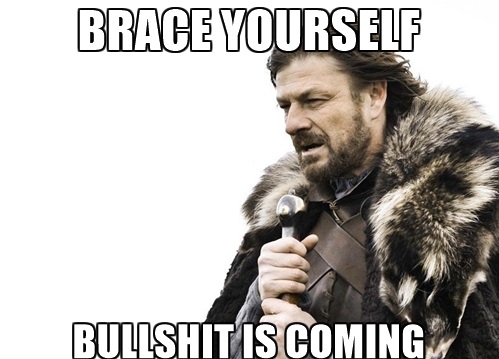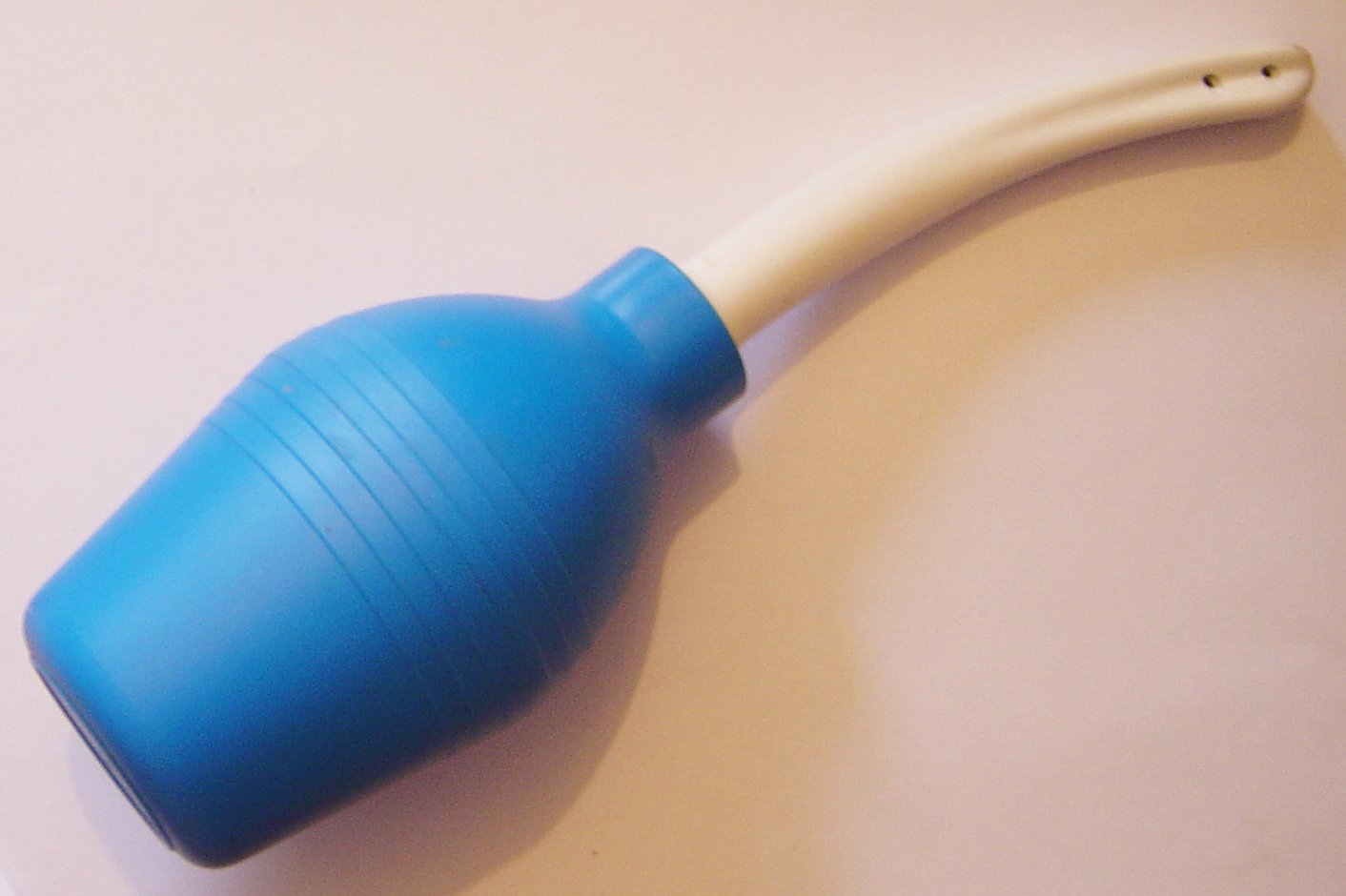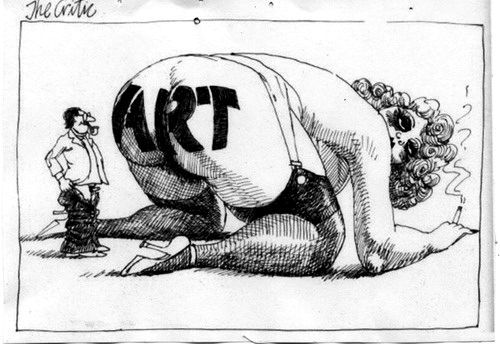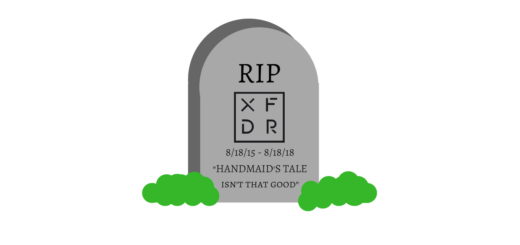One Year Later: Critics, Criticism, and Crossfader
This is a very typical “Editor-in-Chief” thing to say, but to be honest, I never thought we would make it this far. One day I woke up, messaged a few friends on a whim, and said that we should start a cultural commentary website (not a blog). To my surprise, almost everyone was excited about it as I was and got right to work on our website (not a blog). I thought this was a passing fancy that would soon fizzle out like so many other blogs started during the halcyon days of youth (and everyone and their mother kept asking me how my “blog” was doing), but time went on, Crossfader kept growing against all odds, and exactly one year later we have a dedicated writing staff of 26 members, with 731 pieces of content currently on the site (and nobody has called it a blog in over six months!). Not to toot our horn, but for an entirely independent, ad-free publication paid for by the very skinny piggy banks of the editors, that ain’t too shabby.
Even if we do tend to dress it up as a “commentary” site (and, to be fair, our podcasts, features, and listicles do fit those parameters), Crossfader does feature a significant amount of criticism. Now, this reflection piece could continue to be a masturbatory sap-fest extolling Crossfader’s achievements (we have a lot to be proud of!), but instead I thought it might be more interesting to offer my viewpoints a year later on what the “point” or role of criticism is in general.

I won’t be so bait-y as to proclaim this “stupid,” but I do rather passionately disagree with those who would claim that “art” does not deserve to be criticized, or that simply because someone took the time to make something, we’re all required to find it tacitly meritable. This is not to say that it’s appropriate or to be actively rude towards producers of “art,” but there is absolutely nothing inherently wrong with assessing “art” by your own set of criteria.
Now, you’ll notice that I’ve been using the word “art” in quotation marks, and have avoided referring to anybody as an “artist.” Well, that is because while I don’t think that “art” is dead, the definition of “art,” its forms of production, and its methods of consumption have become so democratic that I truly don’t believe the word to have much meaning at all anymore.

Anybody can make anything, anything, and can reasonably find their place in some pre- or post- theoretical artistic movement. I don’t mean this in a critical way, or in a way that implies that we should reinstitute rules and regulations as to what defines “art,” because now that anyone can make “art” and have it be consumed and processed as such, anyone can comment and criticize “art.” And that commentary and criticism is what we need.
In this bold, brave new world where “art” can quite literally be anything at the tip of your fingertips any time you so desire, we’ve lost the insider-outsider aspect that inherently follows the establishment of designated spaces for “art” consumption (movie theaters, art galleries, concert venues, etc.). These people are in this consumptive space, meaning they have at least some small interest and are like me in that regard, meaning that I now have a connection with them. Those that are not in this consumptive space either don’t have an interest or chose not to express it today, so there is no connection, no matter how small, that we currently share. The connection with those in a specific space happens only because you are not connecting with those outside of that specific space, as in virtually all of life.
While this sounds bad in theory, when you think about it, because “art” has become so democratized, the only way to re-establish these connections is, in fact, to participate in mutual qualifying of “art,” since “critics” and “criticism” used to be directly tied to traditionally consumptive spaces. I’ll admit it, I personally believe that quantifying “art” applies to this as well, but since Crossfader does not quantify, we can sidestep that potentially controversial opinion.
Now, of course, I don’t mean that everyone needs to be writing articles of around 700 words in order to form a connection with someone, but what I do mean is that our identity is intimately tied to what we like and the expression of such. These preferences in turn play a large part in determining who we engage and spend time with. By even expressing a simple “I like ____,” you are playing the role of a critic, forming an in-group that will allow its members to feel a small sense of encouragement, satisfaction, and bonding with those who share a similar opinion. The same goes for those who do not like certain things.
Now, then, what about the interaction between those who disagree on a particular piece of “art”? Well, I think to some degree, that’s where Crossfader and other review sites come in. By attempting to articulate the reasoning for why something is liked or disliked, criticism further establishes a possibility for connection, because now consumers of that criticism can form in-groups based on whether or not they agree or disagree with that critic’s opinion. And if those groups come to odds? Well, keep discussing and debating, and eventually you’ll find an in-group with almost any given person.

So, to summarize quite succinctly, criticism is necessary to navigate “art” in 2016. Floating aimlessly through a post-modern landscape of hollow spectacle is lonely without the clearly delineated opinions of others to react and respond to. Without critics and criticism, “art” simply is, and there is no communal aspect to its consumption. The opinions of critics and criticism are how we can form connections in a cultural sphere via “art,” and even if there is disagreement, doing so respectfully virtually guarantees a connection will pop up somewhere along the line. Be proud and loud of what you like. Be proud and loud of what you don’t.
One more final point, and these are admittedly tense waters: In addition to helping us navigate “art,” I do think that critics, criticism, and Crossfader can directly benefit “art,” whatever your definition of that may be. Not all critics can or “should” be “artists,” but all “artists” should definitely be critics. Don’t you think it’s a little presumptive to consider yourself capable of creating “art” if you aren’t willing to establish your own personal tastes, parameters, and influences by having a firm, detailed grasp on what you like? Hell, I think it’s actually more important to know what you don’t like, so that you are confident in knowing what you have no interest in bringing to the world! This is absolutely not to presume that an “artist” should be expected to change what they’re doing based on a criticism, but rather to say that “artists” can gain valuable insights from critiquing the “art” that they themselves will have to exist alongside to begin to establish their own place.

And this brings it all back to Crossfader. I started Crossfader out of a desire to get my peers discussing and considering “art” in a new light, which applies to the ideas in all of the paragraphs above. But most of Crossfader’s contributors are creatives in their own right, and virtually all of them have aims of bringing “art” into the world at one point or another. And while Crossfader is run on the hard work of passionate volunteers, I do think that one of the few things the magazine directly offers is a chance to begin to explore their inner critic.
Crossfader exposes all of its contributors to a wide gamut of “art” to critique and comment upon, and not all of it is good. But by fostering the expression of opinions, and even more importantly, the why of expressing them, all of Crossfader’s contributors are establishing their cultural and “artistic” identities within their own right. So, in a grand conclusion, criticism is good for your personal self, is good for your “artistic” self, and is good for your rhetorical and argumentative self as well. You don’t have to join Crossfader (although I wish you would), but at the very least, be sure to never, ever be afraid to criticize or comment upon “art.”




this article sucks and i’m not afraid to criticize it
like it traders